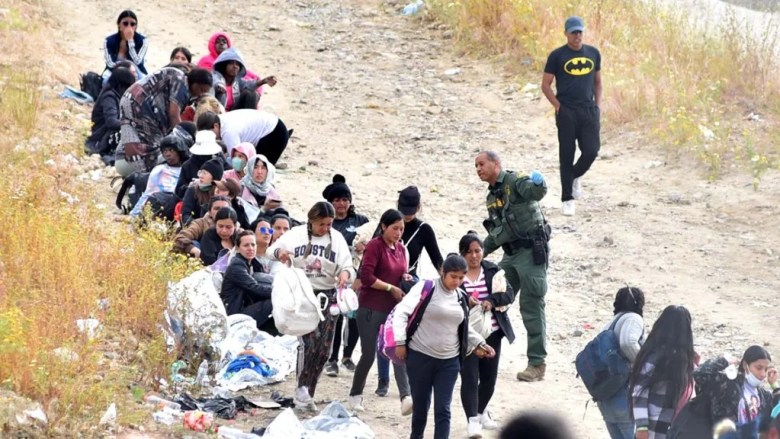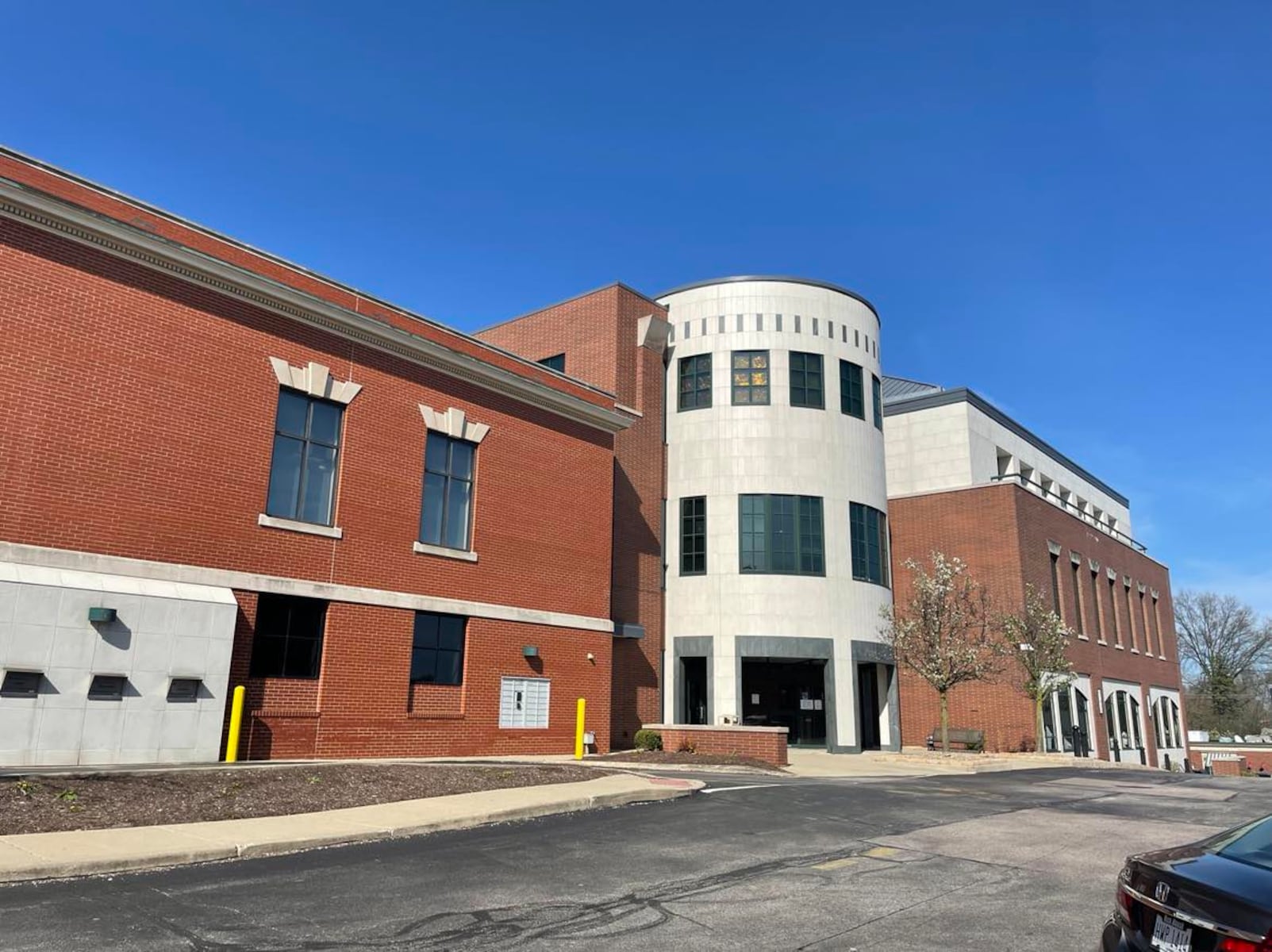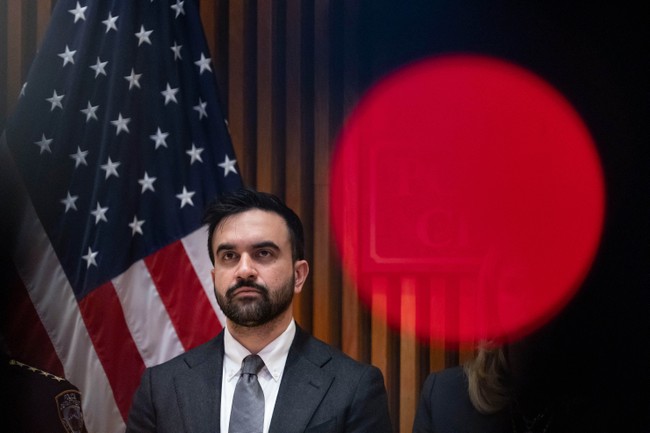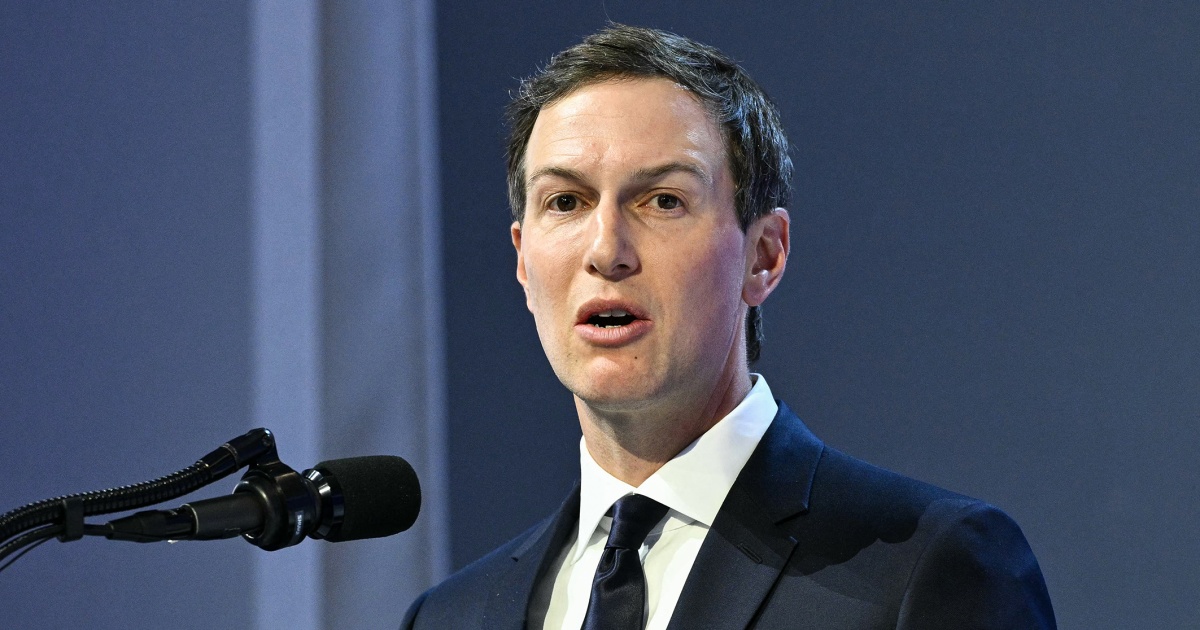
A family of Afghan asylum-seekers found their hopes for a new life in the United States dashed when they were separated and deported to various countries following a series of stringent immigration policies enacted by former President Donald Trump’s administration. The Hussaini siblings—Amir, aged 21, and his sisters Suraiya, 26, and Bano, 27—took a treacherous journey from Afghanistan to the U.S.-Mexico border, only to be caught in a web of bureaucracy and harsh immigration enforcement.
The siblings arrived in northern Mexico with the intent to seek asylum on January 24, 2017, believing that the end of the Taliban’s reign would allow them to start anew. Instead, they were met with the abrupt closure of asylum opportunities as Trump’s administration implemented a hardline immigration stance. This policy shift not only closed off their path to safety but also led to their tragic separation.
Amir witnessed his sisters being taken away by U.S. border agents in a detention facility, marking the last time he saw them. Over the next six months, the siblings were scattered to different countries—one sister found herself in South America, while the other was sent to Central America. Amir returned to a perilous situation in Afghanistan, the very country they had fled from.
Suraiya expressed her anguish, stating, “We had reached the end of our journey… and our hopes were completely shattered.” The siblings, who had all grown up in a society marred by violence and discrimination against their ethnic minority, the Hazaras, felt betrayed by a system that was supposed to protect them.
Journey from Afghanistan to Uncertainty
The Hussaini siblings sold everything they owned to finance their escape from Afghanistan, including their family home. They initially traveled to Iran, where they applied for humanitarian visas to reach Brazil. After spending a year in Iran, they finally boarded a flight to Brazil in spring 2024, filled with hope for a better future.
Their journey took them through 11 countries, traversing the treacherous Darién Gap between Colombia and Panama. This perilous jungle, controlled by criminal gangs, had become a common passage for countless migrants escaping turmoil. Suraiya recounted the harrowing experience, stating, “Nothing was as difficult as the jungle… there was this feeling of regret, but there was no way to go back.”
As they traveled, global access to asylum was tightening. According to the United Nations, governments were increasingly undermining the global convention on refugees, with over 123.2 million people forcibly displaced worldwide by the end of 2024. The Biden administration continued to restrict asylum access, reinforcing the barriers erected by Trump’s policies.
Separation and Displacement
In February 2024, after waiting in limbo for nearly half a year, the Hussaini family attempted to cross the border illegally in search of refuge, only to be detained by U.S. authorities. U.S. Customs and Border Protection officers informed them that they had “no options” and that they would not be allowed to present their asylum case. Within weeks, the siblings were placed on separate flights to distant countries, each facing an uncertain future.
Amir found himself back in Afghanistan, where he faced immediate dangers from the Taliban. He recounted his fears, saying, “If I am arrested, I will be questioned about why I left the country.” His sisters, Suraiya and Bano, were sent to Panama and Costa Rica, respectively, where they faced their own challenges. Suraiya described her experience upon arrival in Panama: “It was a feeling of hopelessness and heartbreak, like being beaten down.”
The U.S. Department of Homeland Security criticized the family’s plight as a “sob story,” indicating a lack of empathy towards their circumstances. Despite the grim reality of their separation, Suraiya remained determined to find a way to reunite with her brother and build a new life.
In a stroke of fortune, Suraiya eventually received asylum in Chile after extensive efforts by humanitarian groups. As she boarded her flight to Santiago, she allowed herself to hope for a future where she could achieve her dreams and potentially bring her family together again.
The Hussaini siblings’ story highlights the tragic consequences of shifting immigration policies and the dire realities faced by those seeking asylum. Their experience underscores the urgent need for comprehensive reform to ensure that vulnerable populations are protected and given a fair chance to seek safety and rebuild their lives.







